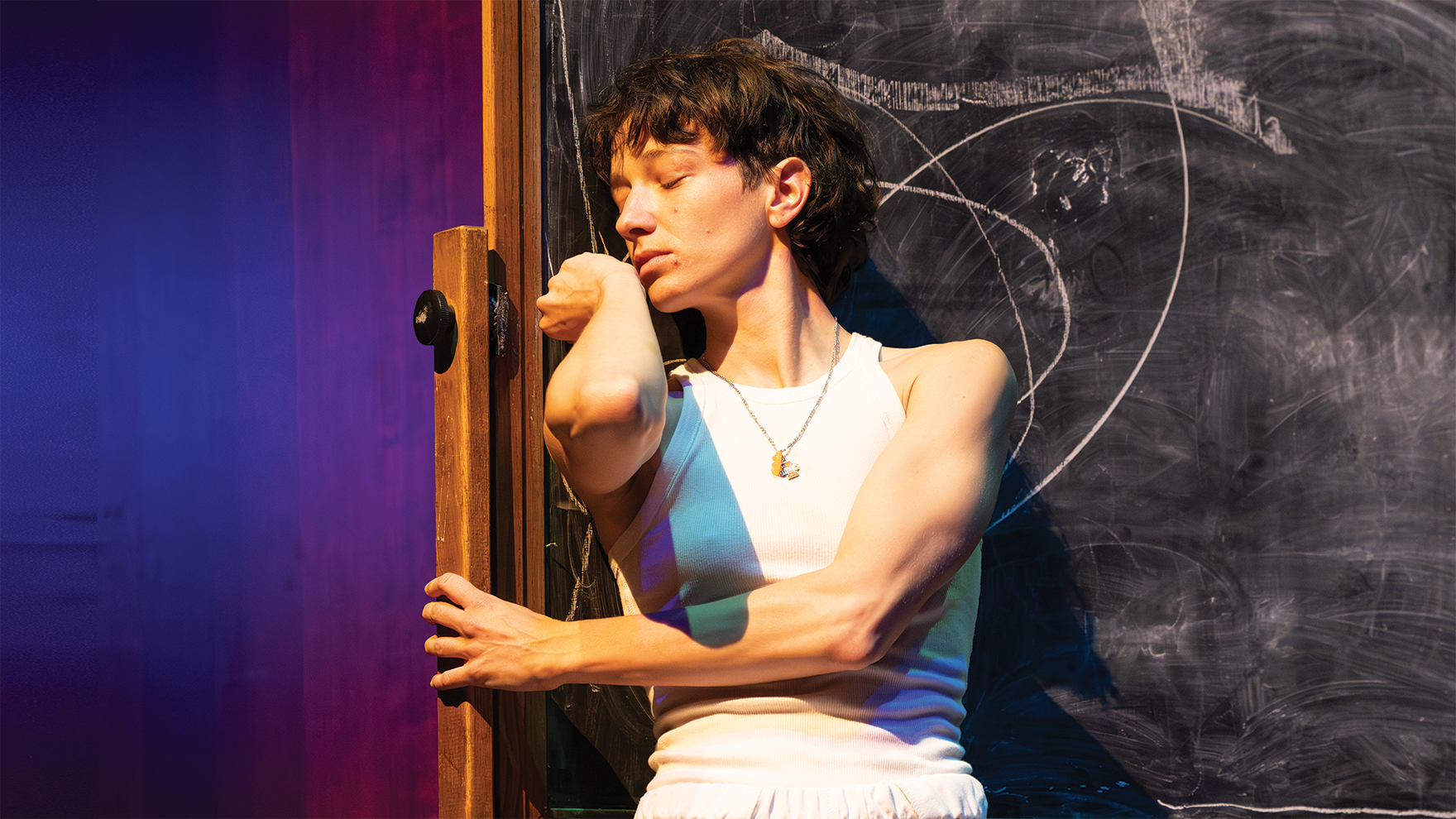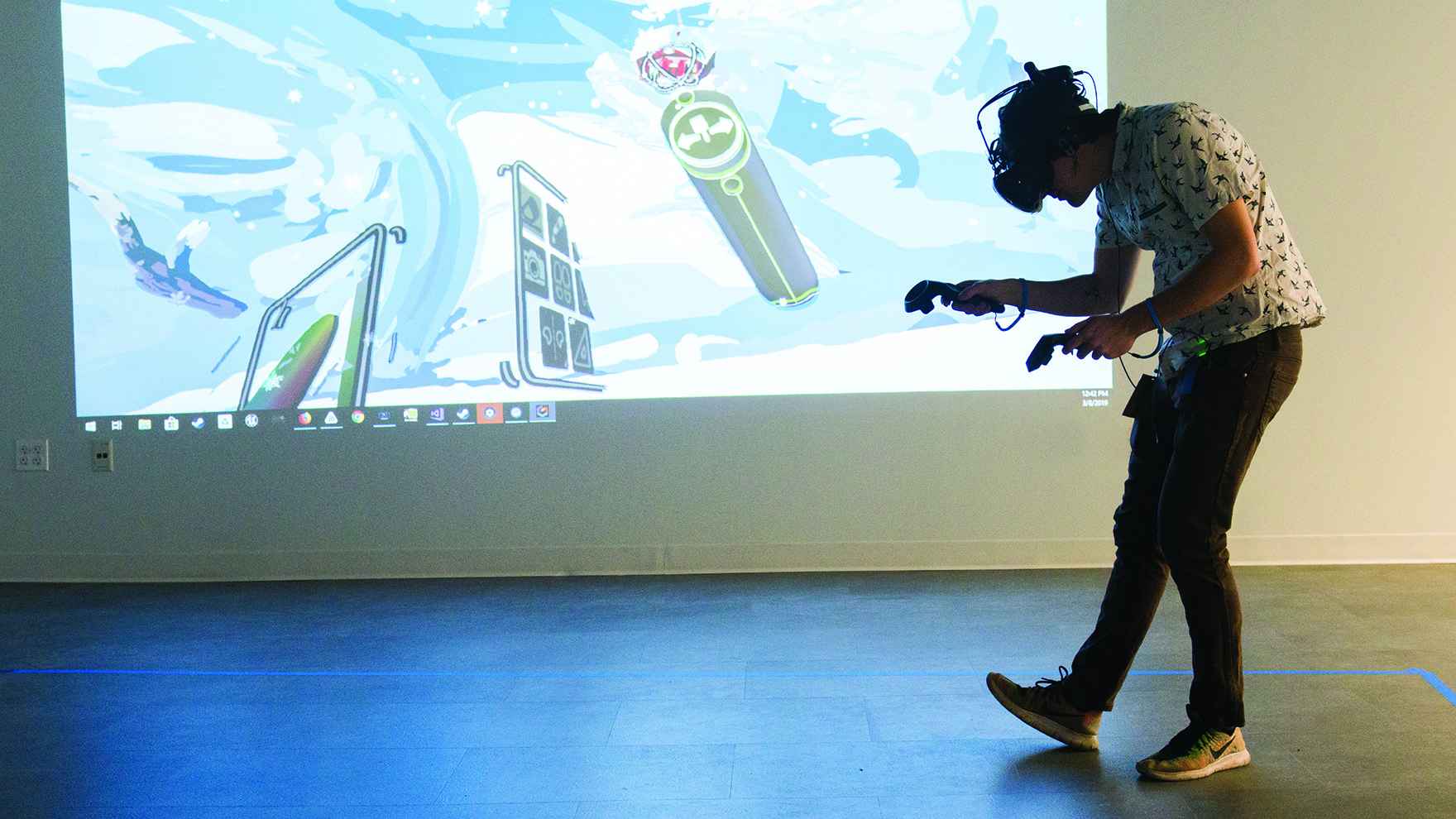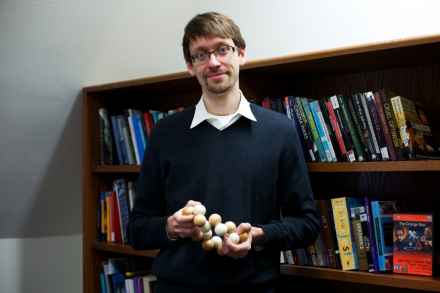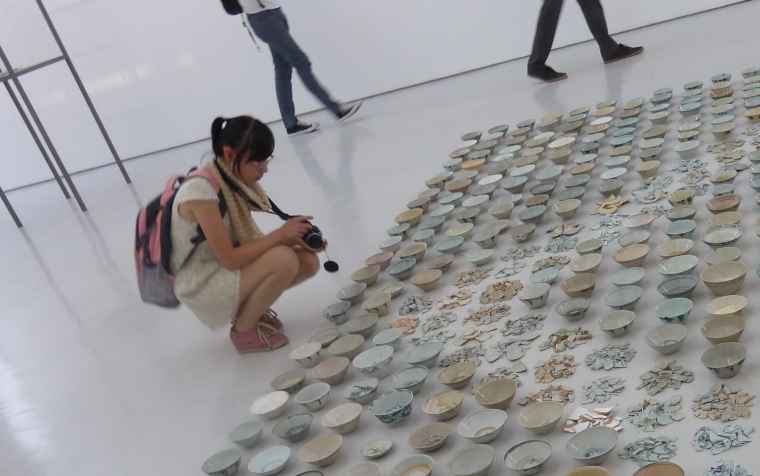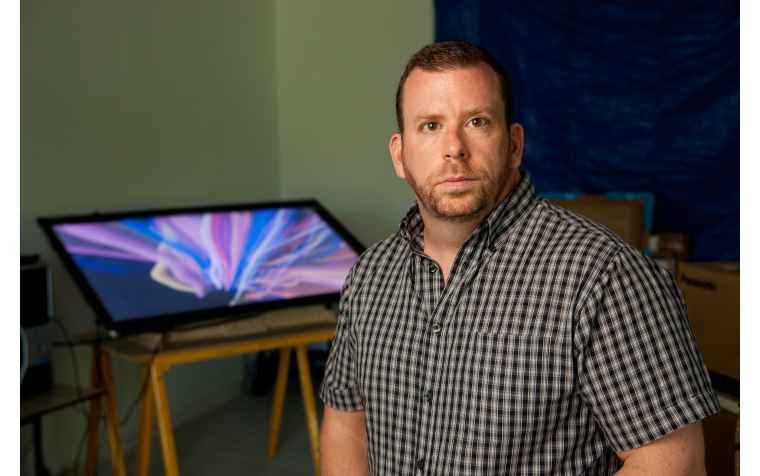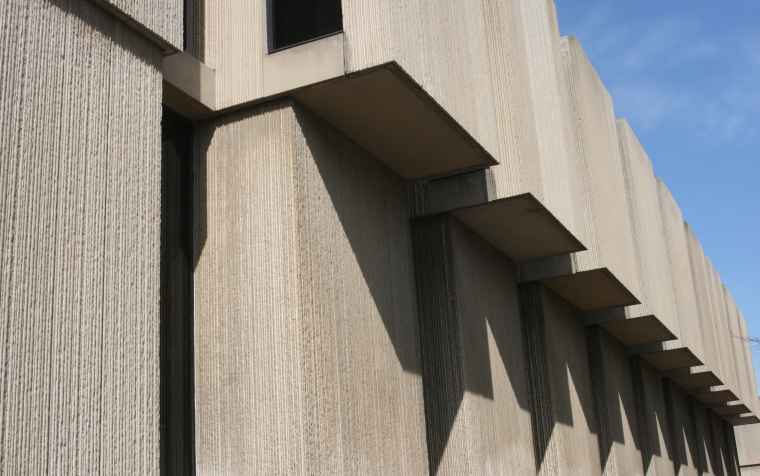Patrick Jagoda on Digital Storytelling and Video Games as Texts
Patrick Jagoda, Assistant Professor in English Language and Literature, was profiled in the Winter 2013 issue of Grey City. Jagoda, who has been teaching at UChicago since 2010, is affiliated with one of the eighteen inaugural faculty research projects sponsored by the Neubauer Collegium for Culture and Society. In the interview, Jagoda explains how the project "uses digital storytelling and game design to work through various health issues with youth, especially high-school aged youth...co-creating digital stories that have to do with everything from sexually transmitted infections to sexual violence to gender issues."
Jagoda also describes the importance of viewing video games as types of texts, stating that video games held as much importance as novels did during the late 20th and early 21st century. He also points out how receptive UChicago faculty members have been to his research, saying, "People want to share in the work and experience games that they might not otherwise be playing, or think about how categories central to a discipline such as English, like narrative or aesthetics, might help us think about this new form."
Read the entire interview here.
Jennifer Chiaverini, AM'92, Publishes Historical Novel
Jennifer Chiaverini, AM'92, published Mrs. Lincoln's Dressmaker, a Civil War-era historical novel that details the life of Elizabeth Keckley, a former slave who became Mary Todd Lincoln's personal seamstress. In a New York Times article on Keckley, Chiaverini says that the inspiration to write about Keckley's life came from research for earlier Civil War-era books, which often relied on Keckley. According to the article, after reading Keckley's controversial memoir, Chiaverini had the idea to write a novel based on "day-to-day moments between the seamstress and the first lady."
Chiaverini is also the author of the New York Times bestselling Elm Creek Quilts series.
More alumni-penned books can be found on the University of Chicago Magazine Goodreads page.
Tom Gunning Illustrates Small Details on the Big Screen
Monday night screenings, shot-for-shot dissections, and lively discussion are all par for the course during film classes with Tom Gunning, the Edwin A. and Betty L. Bergman Distinguished Service Professor of Art History and Cinema and Media Studies. The University of Chicago Magazine profiled Gunning, highlighting his "History of International Cinema, Part II: Sound Era to 1960" course. Throughout the class, he offers nuanced readings of films such as M, a 1931 police procedural by Fritz Lang, and It Happened One Night, a genre-defining romantic comedy starring Clark Gable and Claudette Colbert. The small cinematic details Gunning fixates on are writ large by viewing the films on the big screen.
Pick up What Is Cinema?, the text Gunning uses when teaching "History of International Cinema, Part II".
Read a Tableau interview with Tom Gunning here.
Justine Nagan, AM'04, Honored by New Leaders Council
Justine Nagan, AM'04, a graduate of the Master of Arts Program in the Humanities (MAPH), was presented with one of the 2013 40 Under 40 Media Leadership Awards from the New Leaders Council. Nagan is the Executive Director of Kartemquin Films, which produces documentaries focused on social justice such as Hoop Dreams and The Interrupters. In 2009, she directed Typeface, a documentary that explored The Hamilton Wood Type and Printing Museum in Two Rivers, WI, and examined artists' responsibility to preserving a dying craft alongside how rural towns can "survive in a shifting industrial marketplace where big-box retailers are king."
The 40 Under 40 Leadership Awards honor individuals in four categories: political leadership, media leadership, advocacy, and entrepreneurship. Recipients are selected by members of the New Leaders Council for exemplifying the organization's "ideal of political entrepreneurship."
Learn more about the council here and see upcoming films from Kartemquin here.
